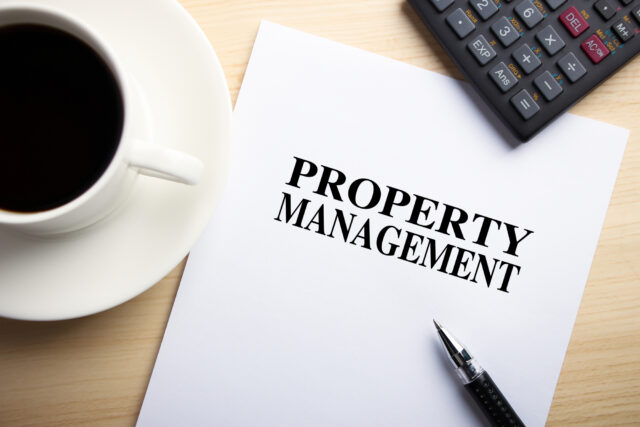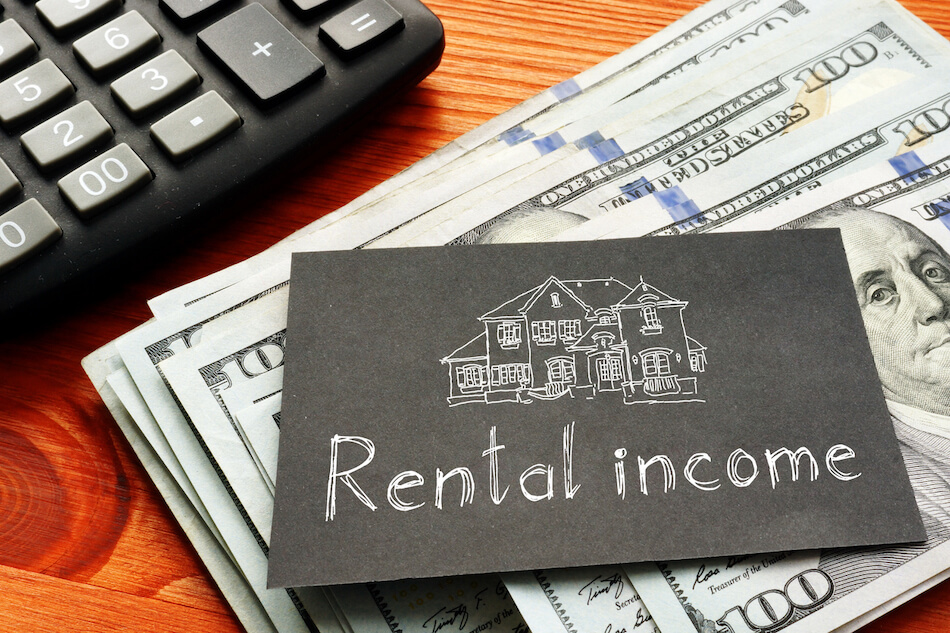Rental properties are frequently cited as an example of a passive income strategy. Passive income, at least hypothetically, is income you can generate without much ongoing effort. The idea goes something like this: you buy a property, you find a tenant, the tenant pays you monthly rent, you deduct your expenses, and you make a recurring monthly profit as a result.
But as anyone involved with real estate investing or property management can tell you, it rarely goes this smoothly. As a landlord or property manager, you’ll be responsible for maintaining the property, addressing repairs, handling emergencies, finding tenants, and dozens of other tasks. If you’re not careful, managing property could become a full-time job.
So what steps can you take to make your rental income more passive?
The Shortcut: Hire a Property Management Company

A property management company is the ideal solution. While each property management company is different, most property management companies handle practically everything associated with your property management strategy.
They market your property when it’s vacant, screen your tenants, handle property upkeep and repairs when they come up, collect rent from tenants, practice conflict resolution, and even handle evictions if necessary.
In exchange, you’ll pay them a percentage of your gross monthly rent as a management fee, and you may be responsible for paying other fees (such as for repairs and maintenance issues). While this can technically eat into your profitability, it’s a relatively small amount of money to pay to make this property a passive income source.
Of course, if you don’t want to hire a property management company because you want to maximize profitability, or because you simply want to remain in control, that’s fine too. There are plenty of other strategies that can help you make your rental income more passive.
Choose the Right Property

One thing you can do from the outset is choose the right property. Different types of properties have different risks and issues associated with them. When purchasing a property, consider the following with especially close detail:
- Age – Older homes tend to have more issues and require more maintenance than newer ones. If you decide to get an older home, make sure you give it a thorough inspection and make renovations where necessary to minimize potential issues in the future.
- Condition – You’ll also need to think about the overall condition of the home. Houses with older fixtures and ones with underlying issues will be a bigger pain for you in the future.
- Neighborhood – Also, consider the neighborhood in which this property resides. If the property is in high demand and is consistently growing, it’s unlikely that you’ll have issues finding tenants in the future. If it’s a good neighborhood that’s well cared for, you’ll probably attract more tenants who want to take care of the property.
Screen Your Tenants Thoroughly
Tenant screening is the practice of reviewing tenants before approving them to live in your property. This way, you can weed out people who are unlikely to pay rent on time or who might be likely to damage your property. Thorough tenant screening does take some extra time and money, but it will save you lots of headaches in the long run.
Fix Issues Proactively and Quickly

If and when you discover issues with the property, fix them quickly and proactively. Oftentimes, small issues spiral into bigger issues if left unchecked. You’re much better off identifying and addressing issues while they remain small.
Secure a Longer Lease
The terms of your lease dictate how long the agreement lasts. Some landlords are willing to go month to month. Most set terms of a year. Some set terms that are multiple years long. The longer your lease is, the longer you’ll be able to retain your tenants and the more consistent your income is going to become.
Have a Plan for Recurring Needs
All properties will have some recurring needs, such as mowing the lawn, replacing furnace filters, changing out smoke detector batteries, and so on. Put a plan in place so these issues don’t become recurring headaches; for example, you can pay an annual fee to a contractor who takes care of these things automatically.
Use Automation Software

Finally, consider using software with automation features for things like collecting rent and handling tenant repair requests. It’s another investment, but it can simplify your life – and add convenience for tenants simultaneously.
Passive income itself is a bit of an illusion. No matter what, you’ll have to invest time and/or money to see a meaningful return. But with the right strategy and the right investments, you can turn your rental income into a source that’s almost entirely passive.







